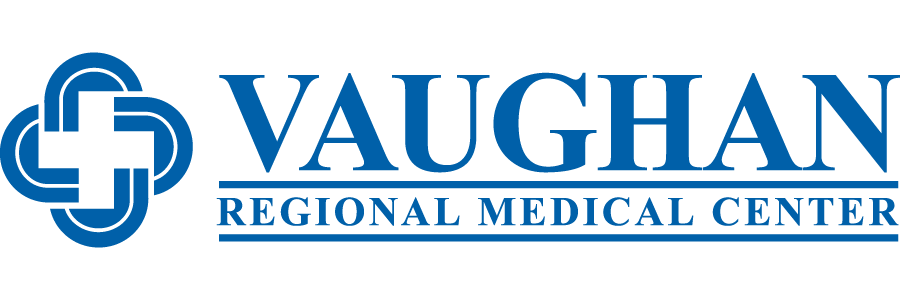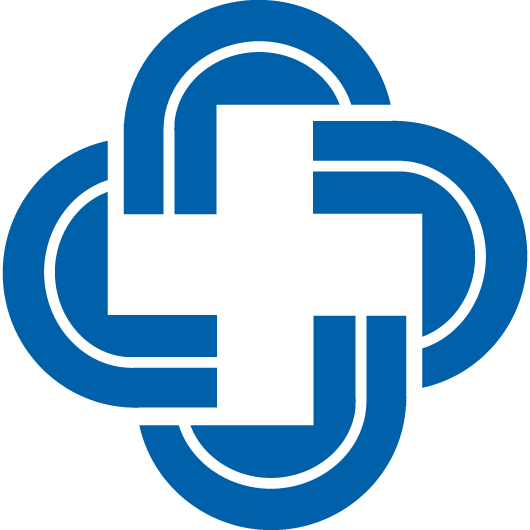Bathroom Breaks Shouldn’t Break Your Day
Bladder issues – like incontinence, urinary tract infections, or overactive bladder – can be uncomfortable in more ways than one. Not only do they cause physical discomfort, but they’re also topics many people feel too embarrassed to bring up with their doctor. But here’s the truth: your bladder health is too important to ignore.
That’s why November and Bladder Health Awareness Month serve to break the silence, reduce stigma, and encourage open conversations about this essential part of your urinary system.
Why Bladder Health Matters
Your bladder works alongside your kidneys to remove waste and excess fluid from your body. When something isn’t right, you’ll likely notice – whether it’s frequent trips to the bathroom, pain, or leakage. These symptoms may feel awkward to discuss, but they could signal a more serious condition that deserves attention.
Common bladder conditions include:
- Bladder stones
- Bladder cancer
- Incontinence
- Interstitial cystitis
- Overactive/underactive bladder
- Urinary tract infections (UTIs)
Early diagnosis and treatment can make a big difference in managing these conditions and improving your quality of life.
Simple Steps to Support a Healthy Bladder
Bladder Health Awareness Month is also about prevention. Here are some everyday habits that can help keep your bladder functioning at its best:
- Do Kegel exercises: Strengthen your pelvic floor muscles to help control urination.
- Don’t hold it in: Use the bathroom when you feel the urge, and empty your bladder completely.
- Eat bladder-friendly foods: Avoid spicy foods, citrus, and artificial sweeteners if they irritate your bladder.
- Know your medications: Some prescriptions can affect bladder control – ask your doctor if you’re unsure.
- Limit caffeine and alcohol: Both can irritate the bladder and increase urgency.
- Prevent constipation: A full bowel can press on the bladder and worsen symptoms.
- Quit smoking: Smoking increases your risk of bladder cancer and other urinary issues.
- Stay active: Regular exercise helps maintain a healthy weight and reduces pressure on your bladder.
- Stay hydrated: Drink plenty of water throughout the day to flush out toxins.
- Urinating after sex: This can help prevent infections, especially for women.
When to See a Doctor
If you’re experiencing pain, leakage, or changes in how often you urinate, don’t suffer in silence. These symptoms are common, but they’re not normal. Talk to your primary care provider or a urologist to get the answers and care you deserve. For more information or to schedule an appointment, visit VaughanRegional.com/services/Primary-Care.
You can also start by taking a Bladder Health Risk Assessment on the Vaughan Regional Medical Center website. It’s quick, private, and could be the first step toward feeling better.
Remember: there’s nothing embarrassing about taking care of your health. The real risk is waiting too long to get help.

